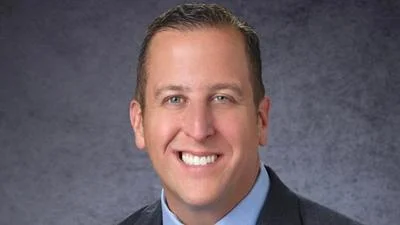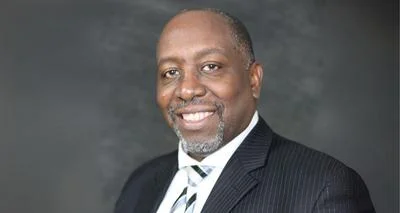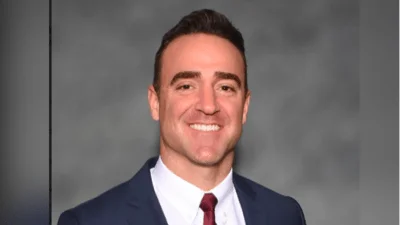The eight contenders for four open City Council spots discussed their views on residents' mental health needs. | Contributed
The eight contenders for four open City Council spots discussed their views on residents' mental health needs. | Contributed
Citing the need to erase stigma and promote visible resources linking individuals with services, eight contestants for four open seats on the Naperville City Council recently offered perspectives on effective ways to address local mental health needs.
Recognizing ongoing mental health challenges within the City of Naperville, Julie Berkowicz, Judith Brodhead, Kevin Coyne, Kevin Gallaher, Michael Leland Isaac, John Krummen, Michael Strick and Benny White discussed both Naperville’s general needs and in some cases their own experiences or family members' struggles.
Overall, the candidates agreed that Naperville needs to eradicate stigma, raise public awareness and ensure a well-trained police force, the Daily Herald reported recently, with each bringing his or her own perspective and specific suggestions.
Incumbent Kevin Coyne spoke about how easy it is for elected leaders to forget about those in need—not necessarily because they focus on obvious priorities first, or for the reason that people can be reticent about making requests on the subject of mental health, but because those individuals actually may not be aware of specific resources available to them locally.
Incumbent Kevin Gallaher chose to be candid about the issue by acknowledging openly that he has suffered from depression.
“We have to destigmatize it,” Gallaher told the Daily Herald. “I'll destigmatize it right now … I've had [depression] since 2002."
An attorney and businessman, Gallaher brings informed perspective on the matter via work with disabled individuals, through both the Autism Foundation and Illinois Autism Society. He and his family have worked with disabled veterans and individuals with developmental disabilities for the past decade, the Daily Herald said.
“Through my experience, I have learned that society has failed to understand the contributions that these exceptional people provide,” he told the publication. To address the problem, Gallaher indicated that he would like to bring better training programs to Naperville through the Department of Human Resources and coordinate appropriate employment.
“I would also engage the City Council and management in a discussion as to how the City can encourage its vendors and service providers to employ disabled veterans and developmentally disabled individuals,” he told the Daily Herald.
Gallaher’s fellow incumbent, mechanical engineer John "Johnny" Krummen, identified mental health services as a necessity for everyone—not just those with chronic conditions. He cited an example in his own life, revealing that he and his children sought counseling following the death of his wife from cancer, the Daily Herald said, and adding that mental struggles are not always obvious.
Businessman Mike Strick, a newcomer to local elections, concurred that psychological troubles are too often kept quiet. Strick cited his own sister’s difficulties as she endured symptoms.
"People suffer in silence," Strick told the Daily Herald. "They're embarrassed about asking for help."
Strick’s solution would involve having the council educate residents about the availability of resources for treatment. Strick cited Linden Oaks Behavioral Health and 360 Youth Services, for example, as local resources to promote.
Michael Leland Isaac and Benny White both touted education as a crucial tool for combating mental illness at the local level. Isaac mentioned Naperville’s ParentsMatterToo, an organization with video resources on parenting skills and other materials.
Isaac, a business owner, believes the council should oversee a plan to ensure that Naperville residents know about such educational opportunities, according to the Daily Herald. White, a retired Army officer, added that the local police force should strive to include more mental health professionals on its staff to facilitate crisis management, the newspaper stated.
Judith Brodhead, an English professor and incumbent council member, told the Daily Herald that the police department has already taken positive steps to structure relevant training by starting a Crisis Intervention Team. She indicated support for having the council collaborate with social service agencies.
Julie Berkowicz, a financial and sales professional, views the council as the optimal coordinating agency to link individuals to the respective types of assistance they need.
“That hub can get them connected to the resources and the help they need," she said, according to the Daily Herald.






 Alerts Sign-up
Alerts Sign-up